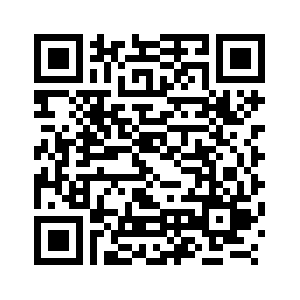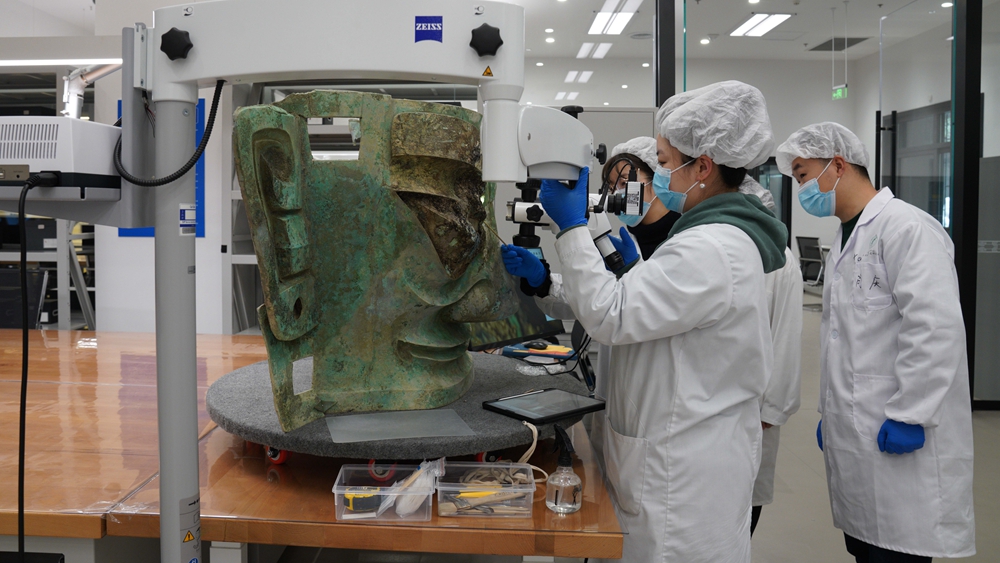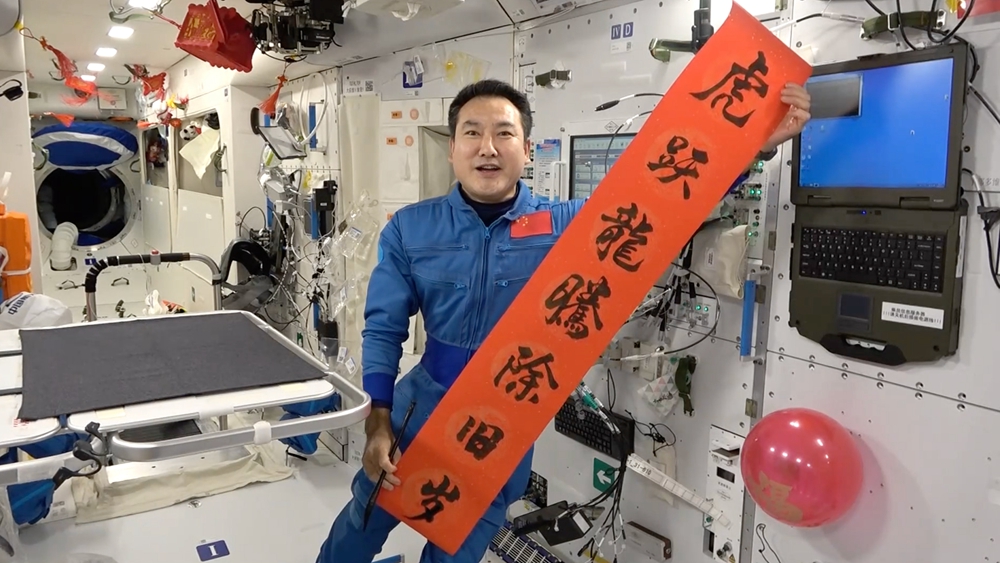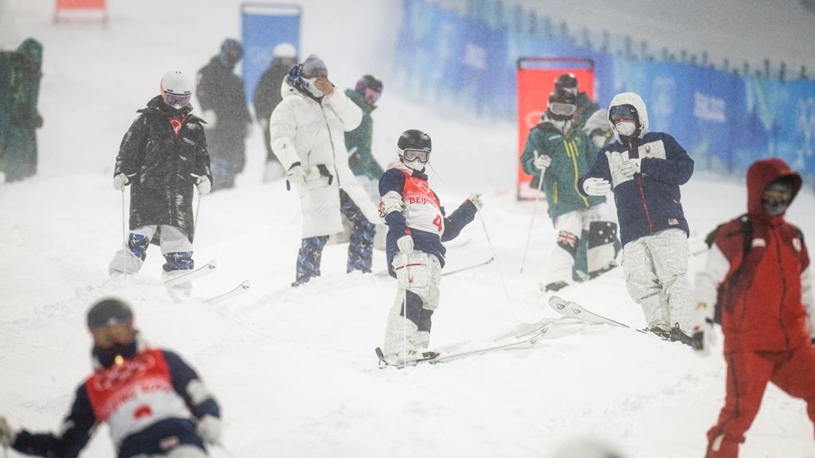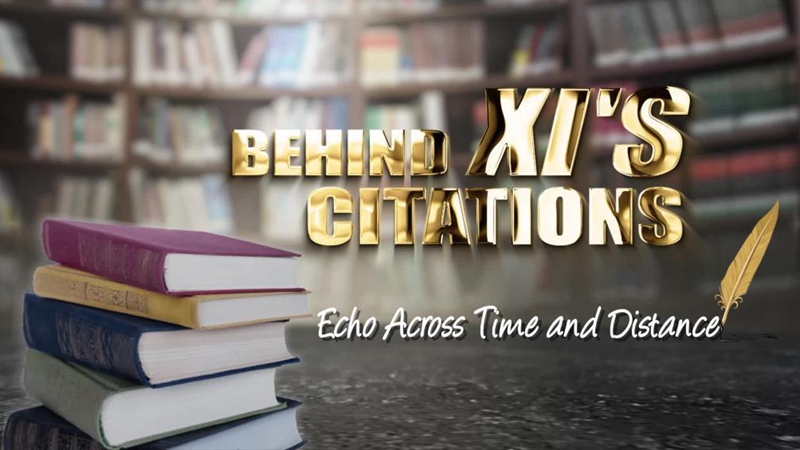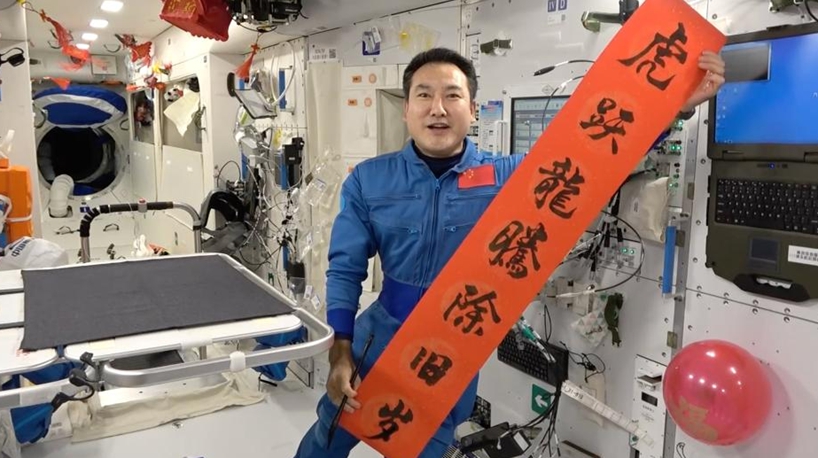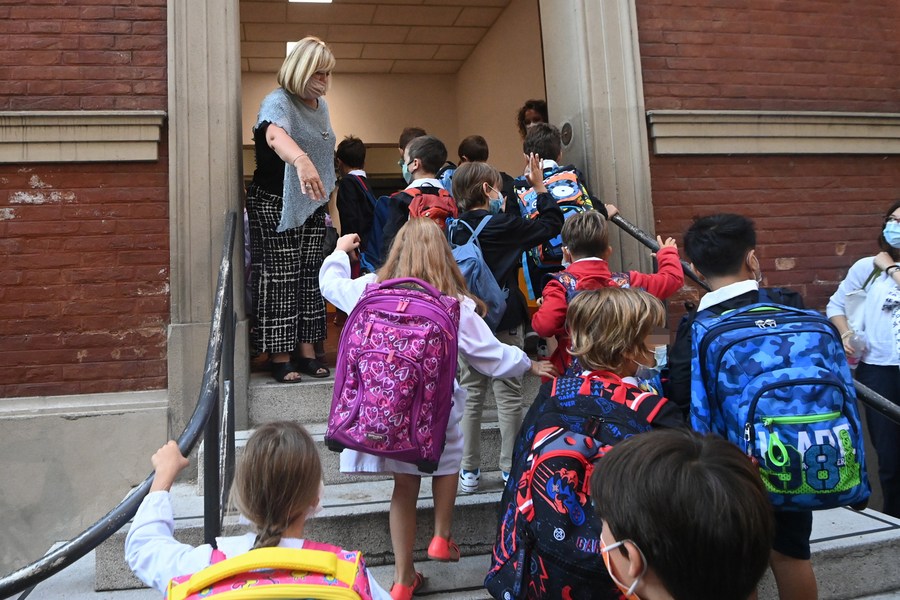
Students enter a primary school in Bologna, Italy, on Sept. 13, 2021. (Photo by Gianni Schicchi/Xinhua)
The new rules will be implemented for pupils aged 6 to 19 in all primary, lower and upper secondary schools from Feb. 7.
ROME, Feb. 2 (Xinhua) -- The Italian government on Wednesday relaxed anti-COVID rules for schools, as the infection surge linked to the Omicron variant seemed to be gradually falling under control.
A key change was to cut the mandatory quarantine -- from 10 days to 5 days -- required to unvaccinated pupils who had a direct contact with a person positive for COVID-19.
Their vaccinated peers would not be subjected to quarantine, but only be asked to put in place a "self surveillance," meaning to use FFP2 face masks for 5 days and undergo a swab test. The same rule would apply to students who recovered from the disease within 120 days.
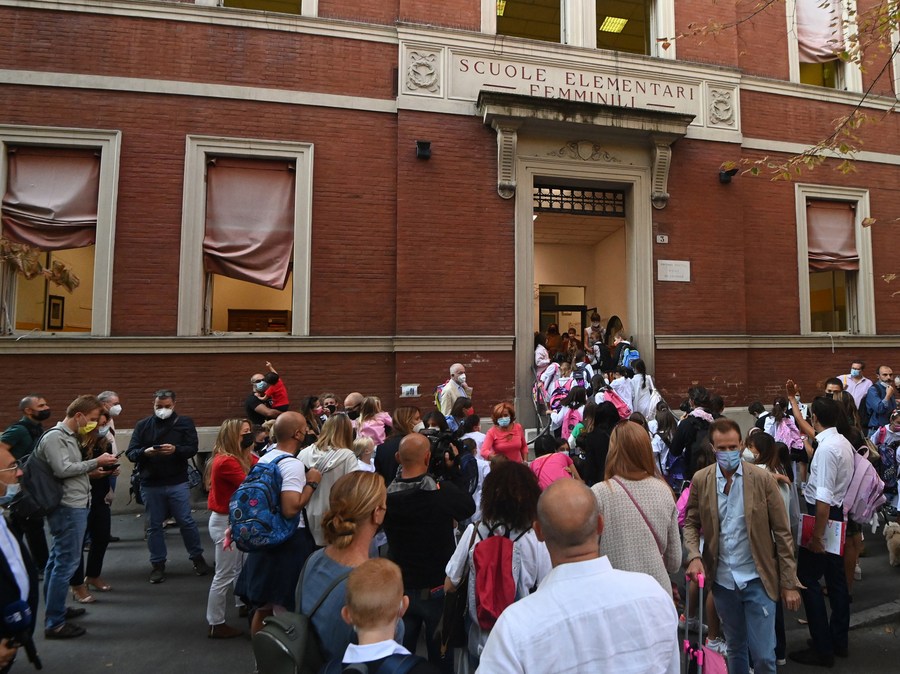
Students enter a primary school in Bologna, Italy, on Sept. 13, 2021. (Photo by Gianni Schicchi/Xinhua)
A second measure made unlimited the validity of the so-called "super green pass," the certificate showing proof of vaccination or recovery from COVID-19, for people who got the vaccine booster.
"School is at the heart of our country and we wanted to reduce distant learning as much as possible," Health Minister Roberto Speranza told a press conference.
"The step we took was allowed by the latest epidemiological picture, which is encouraging ... as of this morning, some 91 percent of people aged over 12 have at least one vaccine dose," he added.
Prime Minister Mario Draghi was quoted as saying that the country would go towards a further opening phase in the next weeks, "if consistent with the scientific evidence on the pandemic situation."
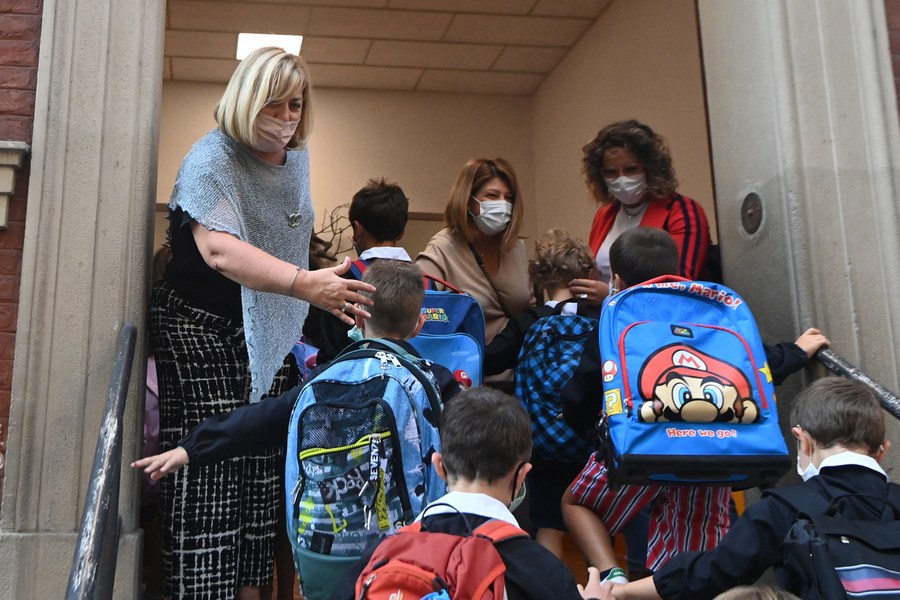
Students enter a primary school in Bologna, Italy, on Sept. 13, 2021. (Photo by Gianni Schicchi/Xinhua)
The new rules will be implemented for pupils aged 6 to 19 in all primary, lower and upper secondary schools from Feb. 7.
At the base of the decision concerning schools was the gradual push in vaccinations among the younger ones.
Almost 30 percent of children aged 5-11, and 84.5 percent of those aged 12-19, had received at least one vaccine dose, National Health Institute President Silvio Brusaferro said Friday.
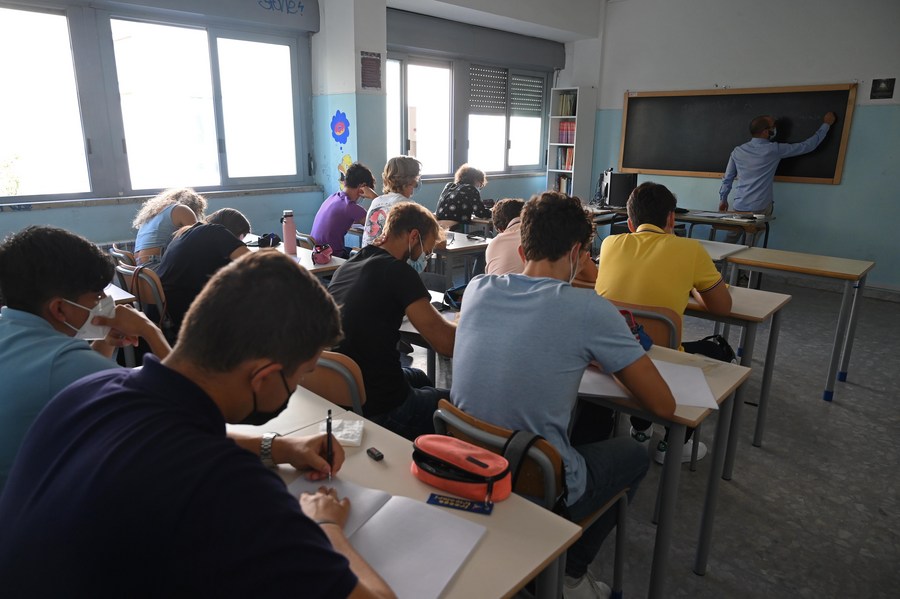
Students attend a class in a high school in Rome, Italy, Sept. 13, 2021. (Photo by Alberto Lingria/Xinhua)■
